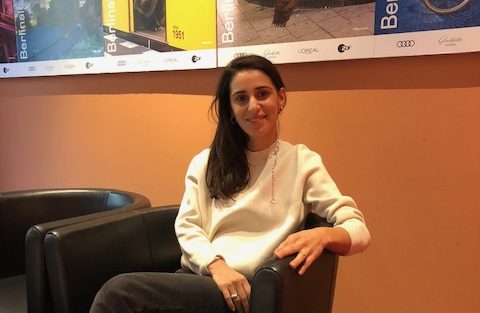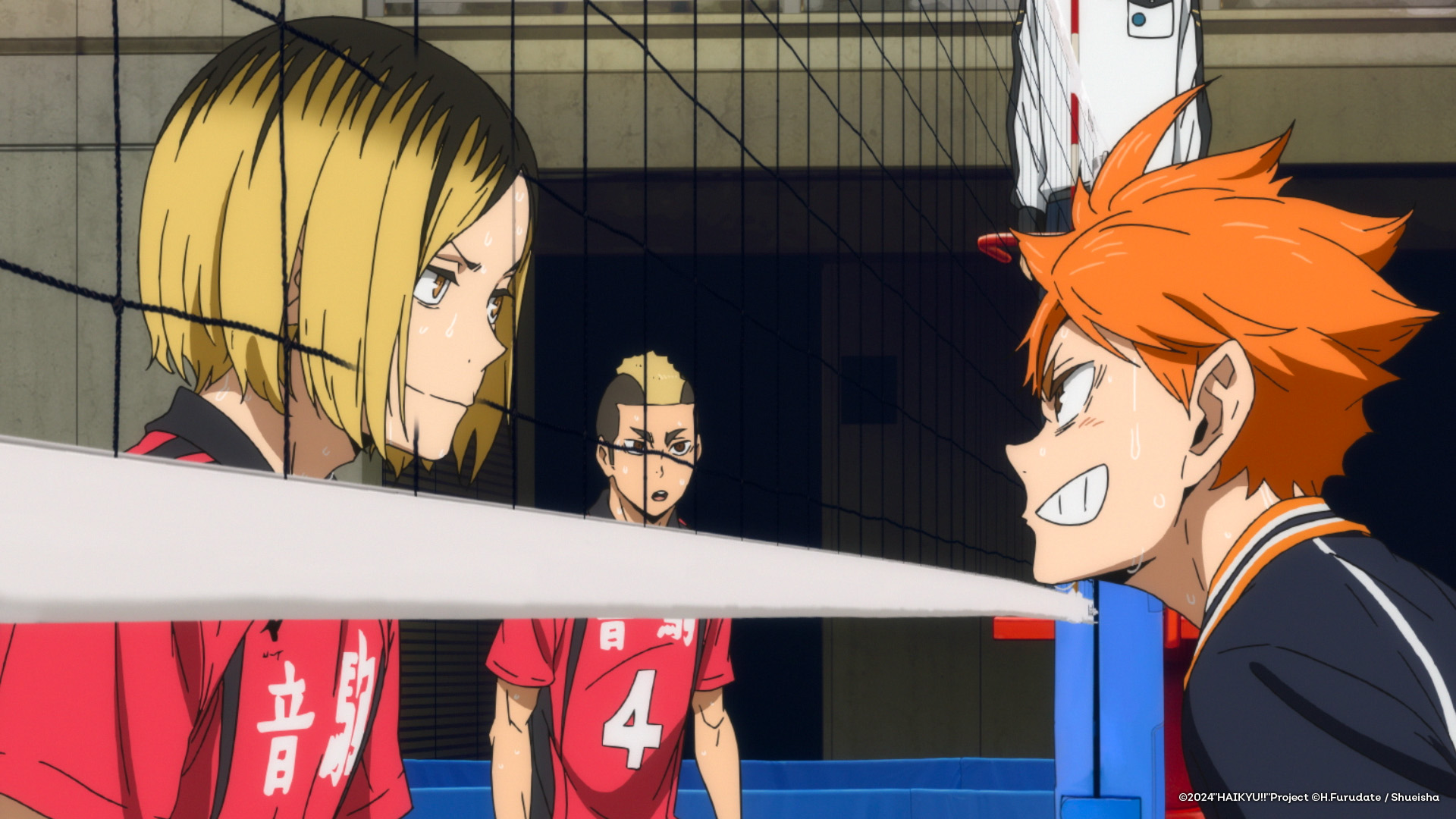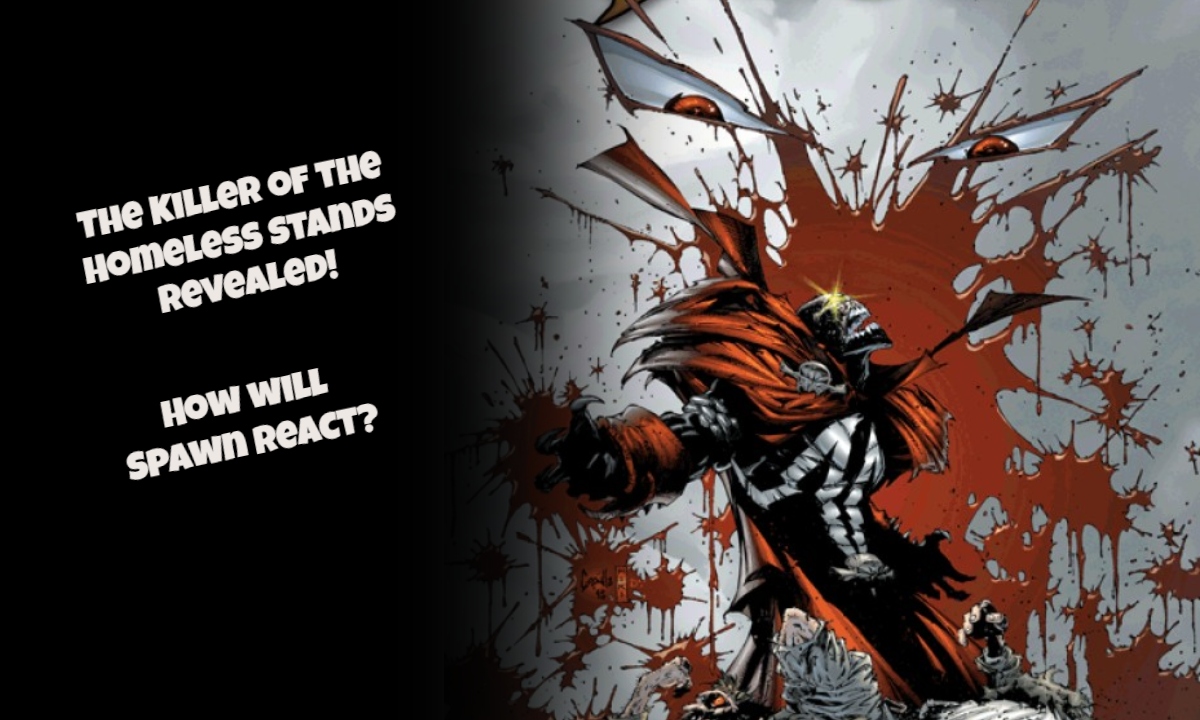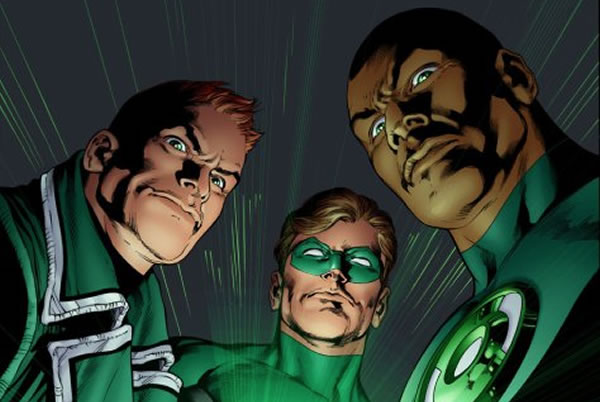
Imagine spending almost half of your life in the dark about the violent circumstance of your birth.
Iranian-German actress Maryam Farzee, was born in one of the most notoriously violent political prisons in the world to parents, who rebelled against the religious regime and were thus incarcerated and imprisoned. The talented actress embarks on a personal journey to break her family’s silence and uncover the truth, with her emotionally and psychologically challenging documentary, Born in Evin.
Farzee made her directorial debut with the world premiere of her film last week at the Berlinale. We had a chance to sit down with her to chat about the struggles and impact the process of making this film had on her life, finding other survivors like herself, digesting the traumatic revelations of endless heinous acts and atrocities so many have endured and finally, putting the pieces of the puzzle together and getting some closure at last.
LRM: Congratulations on making your directorial debut here at Berlinale! How was the premier last night? Did the audience receive it well? What was the overall reaction?
Maryam Farzee: It’s actually very hard finding words for it, and it’s paradoxical because the movie deals with finding language for FOMA, and now, I don’t have language to describe of how overwhelming and moving it was last night. It was very powerful. People were very moved. They were crying even after the screening, still, and it seemed that they had been … Like, my wish that had really impacted people on deeper layers of our being, has really to some degree, fulfilled itself. It was very powerful. I didn’t expect it to be that deep as it was last night. And there were a lot of survivors, also, whether they’re the children of prison, but also people who have totally different stories and they all describe some kind of mutual experience. It was really moving.
LRM: Can you talk about making the transition from acting to directing, as well as starring in your own doc. What were some of the challenges, exciting moments, discoveries?
Maryam Farzee: Well, actually, I don’t know if you read that, but I didn’t want to be in the movie at first. I wanted to look for the other children of prison. I wanted to reconstruct the crimes that have happened in the 80s, and I absolutely didn’t want to be in the movie.
But I knew that the movie was about the dealings of denial within families. And I realized by not being in my movie, I would just recreate denial, you know? And just denying even being part of the story. So, it was like a turning point where I realized if I wanted to expose the process of what it means within families to deal with severe trauma, but also human rights abuse, then I have to be in it. I have to show up. I have to show people what it means to go through that process. So I can’t take myself out even though that would have been my comfort zone and I would have rather been there.
Maryam Farzee: The good thing was that, by being the director, I could use my … Somehow instrumentalize my being a protagonist to show that process. So, I needed to detach as a director from my own story during the entire process so that it could become a universal story. So, it’s a very interesting psychological phenomenon, somehow, to detach from yourself and your own story and even your parents, in order to reveal something that then can have a universal value.
LRM: Was the process cathartic for you, in discovering what happened and going through this journey. Was it an opportunity for you to let go?
Maryam Farzee: Yes and no. I think people have asked me if there was some therapeutic aspect to doing this film, but I would say that if I wouldn’t have done all kinds of different therapies beforehand, I wouldn’t have been at all equipped to do this movie. I wouldn’t have been equipped at all to deal with this amount of violence and story of violence, history of violence. So, it did move me, clearly it did impact me, but it was always like finding … On one hand, organizing the shooting in a way that things can happen. But I always had to be in this double role on creating a safe space, so that I can go through the process, but still staying on top of the things because I’m the director at the same time. So, yeah, it’s a very interesting process, but I definitely wouldn’t say that it was somehow therapeutic. The process was over four years and it had left a deep, deep impact on my life, but doing the movie was much more my artistic expression and political engagement to do it, to say it’s important that we go into these places that we’re afraid of.
It’s important to go into the underworld of things that we deny, that is scary to us, but we have to look at them. And if I manage, as a protagonist, to look at them maybe the audience can feel invited to ask questions too.

LRM: Do you hope this film may help prevent future atrocities like this from happening or repeating itself?
Maryam Farzee: Absolutely. This is the reason why I did the film. If there is violence, both parties get violated. The perpetrators do, the victims do, but the entire society does. So, we have to find a way of healing some of these crimes in order to not repeat them, in order to grow. But I think that, as a society…the way we would have dealt with human rights abuses or violence would be a didactic one. We would point at the perpetrators and say, “That’s what you did to us.” And it’s true. They did that. And people commit crimes.
But I think the real change happens when we show up and say, “And that is the consequences, and these are the wounds, this is the pain. Our tears.” And they are political. Our tears are political. But we have to go into this space. And I think, often, survivors, they are so shattered by what has happened that they put it away and they just try to live on. And I thought, as a second generation, we have a deeper responsibility to show up and say, “This is what happened and I’m letting this touch deeper layers of my being and my soul and not just a didactic one of being like, ‘Yeah, you’re the perpetrator. You committed crimes,’ and so on.”
LRM: Do your parents ever talk about having any regrets about what happened?
Maryam Farzee: That’s a very personal question because that’s a dialogue you have with yourself very much. We don’t tend to share that also because I think in these existential moments when you’re faced with your moral values as they’ve been. You know, the Iranian prison system tried to break people in their deepest, most intimate parts. They made the most intimate parts, they turned them into a battlefield. So, when you’re with yourself and you wonder if you wanna collaborate, or if you give up your values and your beliefs. I think there is, on some hand, there’s something so destructive, and on the other hand, there’s something so powerful.
Because if you then actually stand up for what you truly believe, there is something. There’s a fight for regaining humanity and humanness that is so … I think that only can be revealed in those existential moments when you are faced with life and death, and when you really face with these atrocities.
I know that, my father, for example, said that when you would say three times that you were a Marxist, that would be your death penalty. And he did, because then at some point you think, “What else do I have than my values then?”
LRM: What did you discover about your birth and escape from prison?
Maryam Farzee: You know, I have left that out because it wasn’t so much, as I said in the movie, it’s not so much about the answers of those questions. And also, there is something, I always make this differentiation between the private and the personal. Because in the movie, I’m trying to take the personal onto a political level and trying to combine that, but there is a degree of something that is left to us and that’s out private story.
LRM: Did you get some kind of closure from what you learned?
Maryam Farzee: Yes, absolutely. The cathartic moment is that it’s actually not that we don’t have no rights for any answers. We don’t. The survivors don’t have to answer us. They’ve been through so much. So, I don’t have any judgements if they wanna talk or not. But the second generation has a right to ask questions, and I think this was the process of getting to the place of saying, “I have the right to ask. And I have the right to be. And I have the right to find my own narrative.”
LRM: How did your mom feel about opening up?
Maryam Farzee: Yes, we have an extremely close relationship. And I think it’s always, between two generations, it’s always super difficult. On one hand, you want to give something out, and on the other hand it’s so vulnerable because it’s your biggest wound, you know? And even if it’s your daughter, your son, the responsibility to let that narrative being given on and trusting that that is being done with love and care. You know? That’s challenging.
LRM: Was there any one particular thing that you discovered that, for you, made all the difference?
Maryam Farzee: No, I think what the movie also tries to show is the process, and within that process, there’s all these little particles that belong to it. There’s the moments of discovery. There’s the moments of giving up. There are the moments where you suddenly feel that there is something so much larger, and there’s something collective. And there is so many aspects to it. And I think it’s the process that now is coming somehow to an end, that was the biggest revelation, that we have to go through that process, that you won’t get this one moment where things are just like, “Now I got it.” No, you have to go into the journey, and that’s what I’m trying to show.
LRM: What did you learn about yourself throughout this journey?
Maryam Farzee: In the beginning, there’s the story of the Talmud where they say that the child knows everything and in the moment of his birth, an angel blows the candle out and the child forgets it all, and during the process of the life, it has to remember. So, I think that this movie was sort of remembering something that we all always knew. And that has to do with some form of interconnectedness and love
LRM: What would be your advice for other survivors of these types of torture and war crimes?
Maryam Farzee: Yeah, It’s important to go, to look at the things that we’re afraid to look at, to not be afraid of the fear, to not creates lives that are built on avoidance and denial, and to have the courage to look at things that hurt. And that the emotions that scare us, and we think that we won’t survive and we won’t ever be able to talk and as our grandparents, “What was it like? What did you experience? How are you feeling?” That it’s important to find that courage, and in that courage, there’s eventually … There can be change for the collective, for a society.
LRM: And what are your future goals in film making?
Maryam Farzee: Well, it’s funny, I mean, it’s amazing, but the Royal Court Theater in London has just invited me to a writer’s residency. So, I’m going to write a new play. I have written a play before, and because of that play, they invited me to write a new one. So I’m going to do that. And then, I do wanna write fiction, I’m coming from fiction. I don’t know. I needed to do this film as a documentary, but I work with fiction.
Don’t forget to share this post on your Facebook and Twitter using the buttons at the top! Or you can react to the post down below!
SOURCE: LRM EXCLUSIVE

 FOR FANBOYS, BY FANBOYS
Have you checked out LRM Online’s official podcasts and videos on The Genreverse Podcast Network? Available on YouTube and all your favorite podcast apps, This multimedia empire includes The Daily CoG, Breaking Geek Radio: The Podcast, GeekScholars Movie News, Anime-Versal Review Podcast, and our Star Wars dedicated podcast The Cantina. Check it out by listening on all your favorite podcast apps, or watching on YouTube!
Subscribe on: Apple Podcasts | Spotify | SoundCloud | Stitcher | Google Play
FOR FANBOYS, BY FANBOYS
Have you checked out LRM Online’s official podcasts and videos on The Genreverse Podcast Network? Available on YouTube and all your favorite podcast apps, This multimedia empire includes The Daily CoG, Breaking Geek Radio: The Podcast, GeekScholars Movie News, Anime-Versal Review Podcast, and our Star Wars dedicated podcast The Cantina. Check it out by listening on all your favorite podcast apps, or watching on YouTube!
Subscribe on: Apple Podcasts | Spotify | SoundCloud | Stitcher | Google Play




